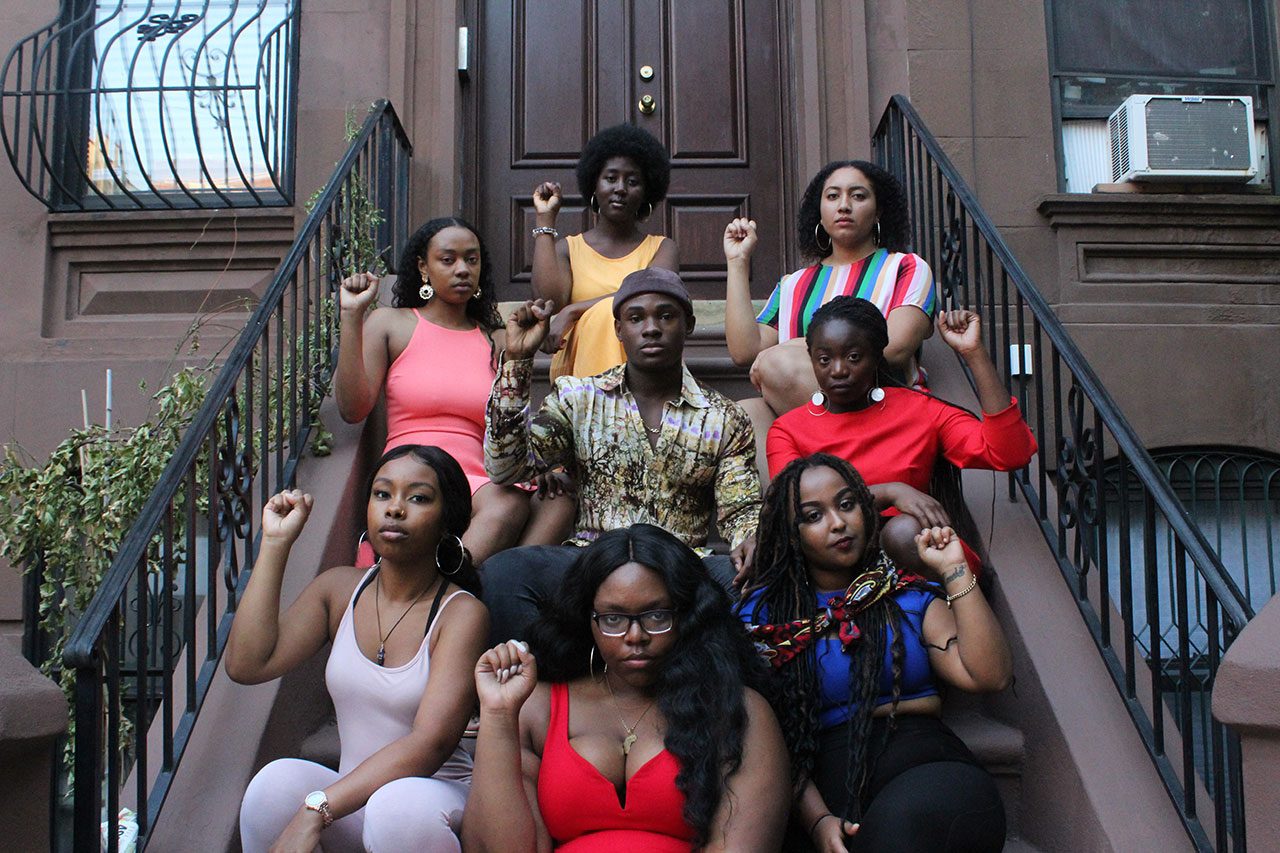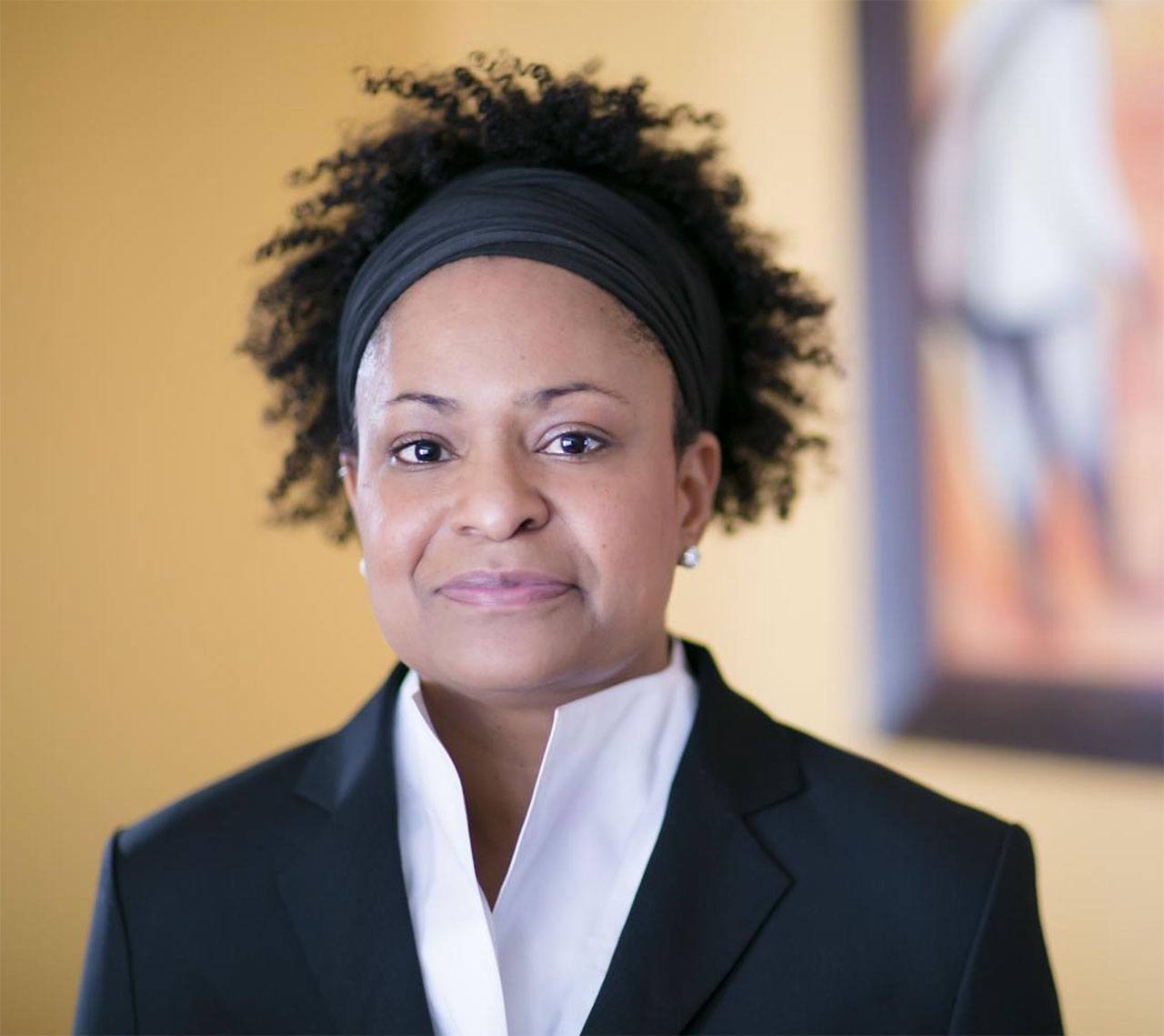Published April 16, 2021
Student Activism at NYU: Past, Present, and Future
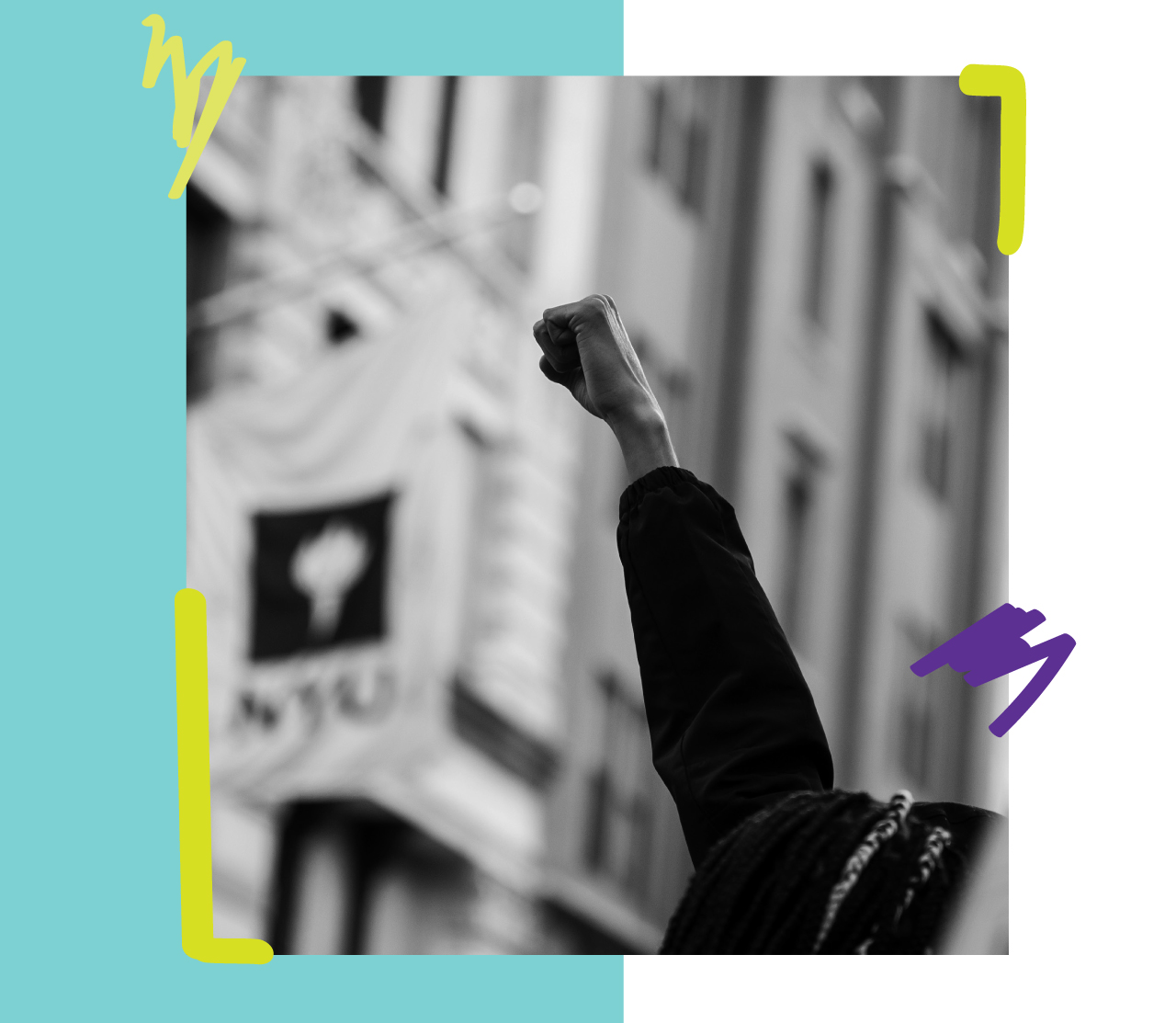
College is a defining time in many ways. As you settle on an area of study and make lifelong connections, you’re also giving shape to your priorities and the type of society you want to live in. By focusing on the values that are most important to you, you can use your voice and actions to help create a better world. NYU students and community members have a long history of activism in and out of the classroom. To get started, you can choose courses that shape your advocacy skills. And if you want to get involved in student activism, there are many ways to do it while studying at NYU.
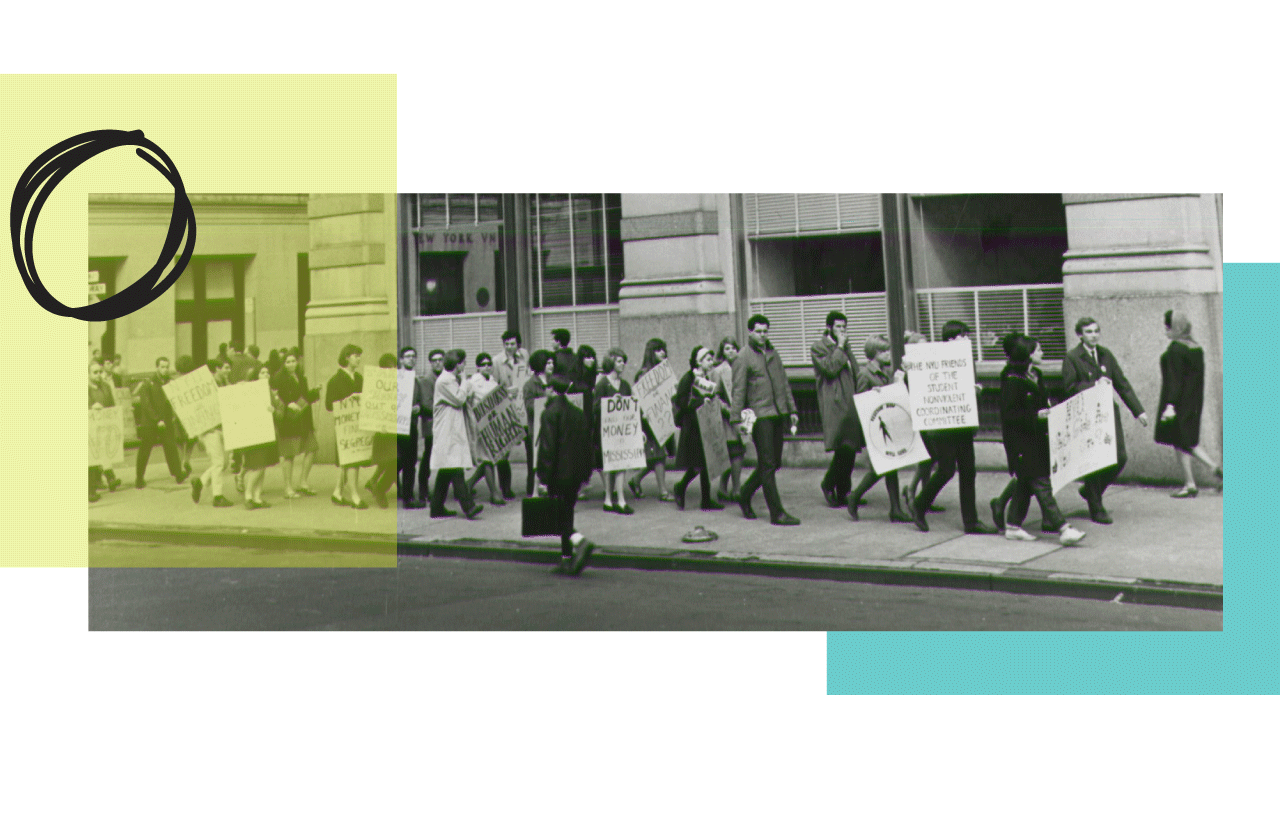
A World of Activism Opportunities
Positive change sometimes has its own momentum. More often, it needs a push. College campuses are hubs for the kind of energy and student activism that propel ideas into tangible movements. And NYU has a particularly rich history as an epicenter of social and political progress. Some early protests centered on deescalating the Vietnam War. And student demonstrations in the wake of the assassination of Dr. Martin Luther King Jr., in 1968, led to changes in leadership at the then-new Afro-American Student Center. This early activism laid the groundwork for current initiatives. Now, student government committees tackle issues ranging from education about sexual consent to advocating for mental health resources. Student clubs and organizations (NYU has hundreds) create space for many identities and advocate in many areas of social justice.
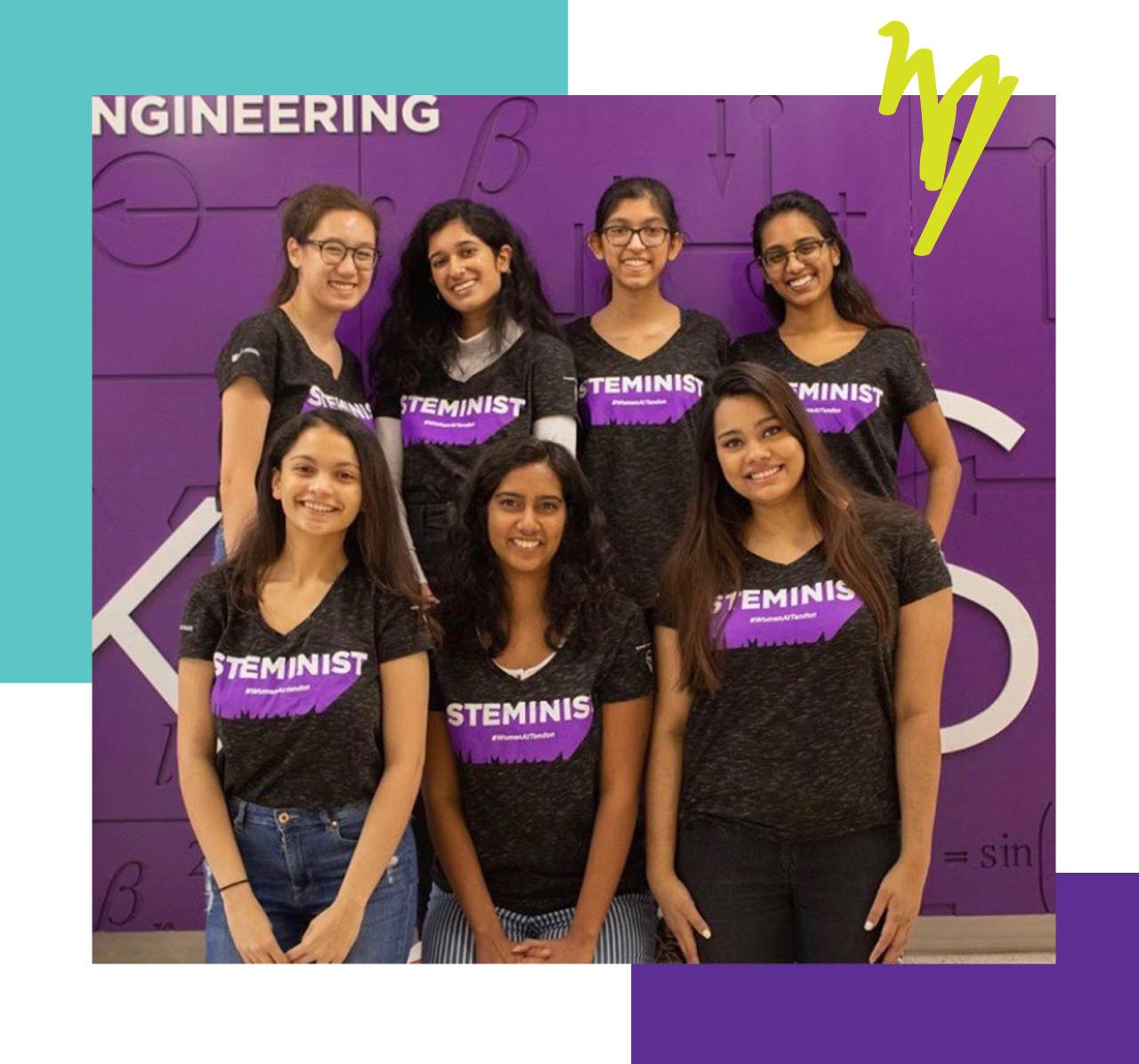
Evolving for the Future
Student clubs form and adapt each year to address injustices and advocate for marginalized and underrepresented communities. The Queer Union, for example, advocates for LGBTQ students. Meanwhile, STEMinist combats sexism in the science, technology, engineering, and mathematics fields and beyond. Artists in Action helps students use art to bring attention to social issues.
Alyssa Goldberg started the NYU chapter of Active Minds, a club that advocates for mental health resources and policy reform, in her first year. “Student-led initiatives are an incredibly important component of the fight for comprehensive mental health care and against stigma,” says Alyssa. She is a Global Public Health and Applied Psychology major. “Active Minds is unique in the sense that we empower students to actively advocate for change and positively shape the conversation surrounding mental health on college campuses.”
In fact, it is often student activists who lead the charge for changes on campus. EarthMatters, NYU’s oldest environmental and sustainability club, pushes for campus-wide changes. The Student Labor Action Movement successfully lobbied to increase the wages for student workers. The group Two Birds, One Stone organizes student volunteers to deliver leftover food from NYU dining halls to a local homeless shelter and soup kitchen. And the Native American and Indigenous Student Group (NAISG) led the push for a minor in Native American and Indigenous Studies, which began enrollment in spring 2018. “A lot of students, including myself, come here because it seems like a place where you can change things,” Paige Cook, NAISG’s president, says.
Reflecting Community Values as an Institution
The NYU community also keeps a critical eye on itself and its policies. It is dedicated to lowering its carbon emissions, with an ambitious commitment to reach carbon neutrality by 2040. And it continuously evolves to further prioritize diversity, inclusion, and equity. The Office of Global Inclusion, Diversity, and Strategic Innovation promotes an environment where everyone—students, faculty, and staff—can feel like they belong. In addition to larger policy advising, the office also coordinates numerous annual programs. These include MLK Week and Solidarity Week. Last year, they celebrated the 25th anniversary of the NYU LGBTQ+ Center. “Navigating diversity and leveraging differences, and sometimes disruption, is part of the challenge, energy, innovation, and excitement of the city and of our NYU culture,” Dr. Lisa Coleman, the office’s senior vice president, says.
Dedicated programs further expand NYU’s impact in the local community and beyond. For example, the NYU Prison Education Program, founded in 2015, provides the opportunity for incarcerated men to earn associate’s degrees. The School of Law offers over 40 clinics in areas such as immigrant rights, reproductive justice, and environmental law. They provide students with practical experience working with clients and communities to address urgent problems and influence public policy.
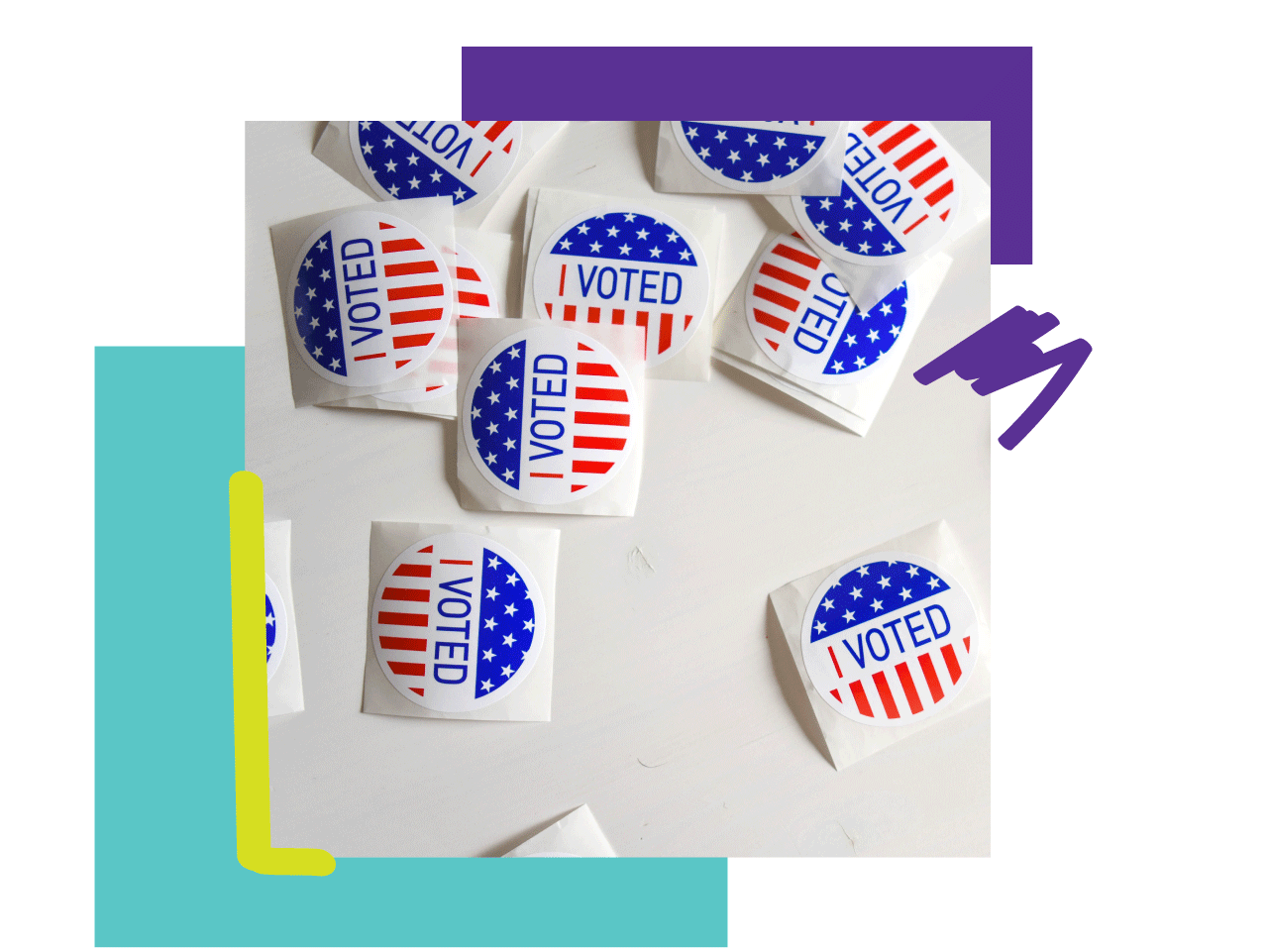
Channeling Your Inner Activist
Advocating for others can be an unmatched experience in living your values. On the other hand, trying to solve every issue at once can lead to burnout. “For students looking to get involved with advocacy and student activism at NYU, look for clubs and organizations that address the issues you’re most passionate about,” says Alyssa.
One strategy to maximize your impact: focus on one area to be a leader and a second area to be a supporter. Then, examine your talents. Advocating may sometimes mean delivering speeches at rallies. But more often, it involves organizing, maintaining websites, staffing events, and countless other important tasks. “Change is more likely to be effected by those who recognize the complexity of the challenges we face and engage others by doing the hard work of building bridges, crossing boundaries, and creating ‘networks’ within and outside organizations that build the collective urgency to change an unhealthy status quo,” says Silver School of Social Work professor Linda Lausell Bryant. In other words, change happens together.
Can’t find a club or organization for the cause you’re passionate about? Consider starting one yourself. Robi Lopez-Irizarry, a Class of 2022 Politics and Public Policy double major, founded Generation Vote after noticing the lack of a comprehensive campus group fighting for voting rights and accessibility. The group successfully passed a Student Government Assembly resolution to make election day a university holiday. “We try to improve each year. And that’s why we do this—to make sure that we can start saying, ‘OK, this is where we started, and this is how we can get to a better place,’” Robi says.
Once you’ve found a cause, NYU offers diverse resources to support student activism. These include faculty advisers, meeting spaces, and club funding. Additionally, individual students can apply for social impact grants and stipends to pursue projects that solve community problems. Past grant recipients have developed an app to help New York City refugees, participated in a wildlife-tracking project, and published a magazine to empower victims of sexual assault.
“In general, it’s not a question of how students can get involved, but rather what they want to be involved in, when they want to get involved, and what aligns with their interests,” Dr. Coleman says. “There are so many opportunities.”


